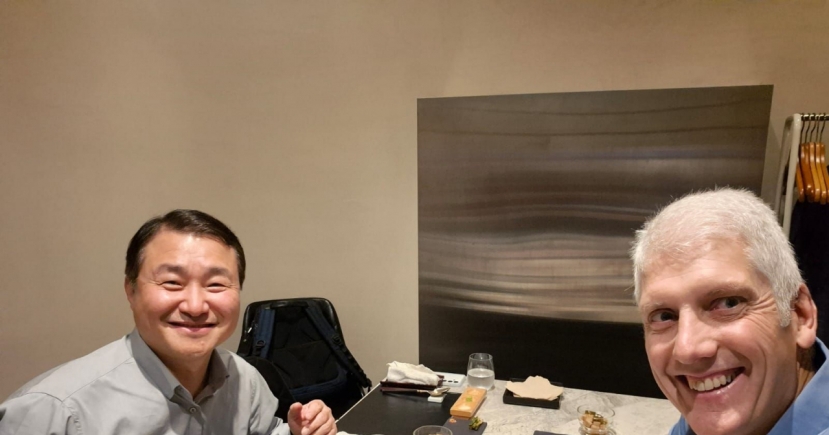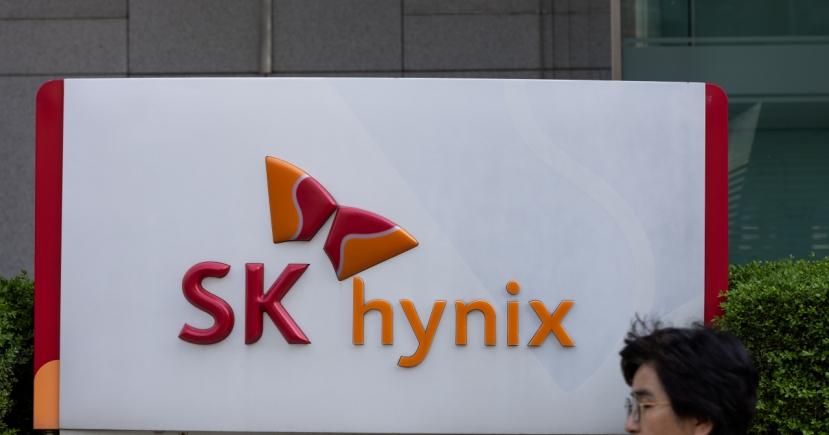[DECODED X] Say no to English?
DECODED X is more than just news.
It’s a weekly brief of critical political and economic events in Korea and their takeaway, created by The Investor staff. To ensure content quality, DECODED X will soon be offered as a paid service. For details, please contact Monica Lee (jylee@heraldcorp.com).
For now, see below for the highlights of the Jan.5 edition.
SAY NO TO ENGLISH?
We’ll start this week’s Decoded X with a commentary of sorts about Korea’s English education policies.
As a member of the English media in Korea, we find ourselves in a very strange kind of language environment here.
 |
Koreans are notorious for its fixation with English. After-school classes at elementary schools are filled with “native” teachers, and “post-after-school” academies are filled with kids who want yet more English.
Children from posh neighborhoods go abroad at least a few times a year to have the “immersive” English experience, while people volunteer to get stationed overseas to send their kids to international schools.
Such rigorous undertakings have definitely bred more English-speaking Koreans, and the media feels it, too. More people read our stories to give us feedback. When we go to interviews, we find that there is a much bigger population in the business world who are quite adept in English. We meet more “native” speakers than before, and see readers sharing our articles on their own global networks.
On other hand, every time a so-called liberal government comes to power, we see a strange sort of gag order on English education.
Don’t teach English so young, don’t teach English at private schools, and so on. The same thing is happening once again under the Moon Jae-in administration.
A government that is so intent on making life better for Koreans, but fails to see that – and we hate to use this cliche term – globalization not just in terms of trade, but in all aspects of society is one of the few ways that a small, resourceless country can thrive and survive.
Many times we see the local government stuck in internal political strife, with officials anxious only about how the Korean media writes about them so as not to get passed for promotions or avoid public complaint.
Many times they fail to see that whether in English, Chinese or Japanese, it’s in all languages of the world that Korea should be made known in the world. We all still remember the Sewol ferry disaster when some of the foreign news outlets initially blamed Korea’s Confucious values for forcing students to obey instructions and letting them drown.
Despite all this, this government too seems hell-bent on staking yet another war against English -- or perhaps the Americans -- possibly in hopes to to maintain its liberal image. While it crusades onward, parents will likely be forced to put their kids in even more after-school academies that are much less affordable than plain old school.
For selfish reasons too – English media in Korea is quite under-rated considering the passion Korea shows in learning the language – we hope to see the recent policies concerning English education to be overturned.
Read on for this week’s edition of DECODED X.
GETTING PUMMELED
The Financial Supervisory Commission and its policy implementation arm, the Financial Supervisory Service, is getting a lot of flak for its latest measures to crack down on cryptocurrency trade.
The biggest cause is surprisingly not because investors fear the regulations will put a damper on the environment and make them lose money, but the uncertainty that the government is fanning.
The FSC has been hinting at this and that, all the while leaking things to the press. Most recently, the media reported on how the authorities might actually force even existing investors to stop making new investments in cryptocurrency until the real name policy starts later this month, mostly likely between Jan.10-20.
The government hurriedly issued a statement saying those rumors aren’t true, but the incident was met with stony anger, at least judging from internet postings and the news.
It makes sense that officials don’t know what to do, since it’s the first time since China that any government has tried to put such a blanket ban on cryptocurrency. And of course, there are some who welcome the government measures, at least those to be put in place, as they seem reasonable.
But yet others, who actually may be blaming the government for losses they incurred on their own, are pointing at the authorities for raining on their parade.
One lawyer has petitioned to the Constitutional Court, and more people are indicating they want a stop to “excessive” regulations.
THE SPIRIT OF SHARING
The Korea Startup Forum this week announced the results of a survey they conducted on 1,300 Koreans between the ages of 19 to 59 on how they feel about ride-sharing.
Guess what? Actually, we don’t think anyone would have to guess. As expected, more than 90 percent said they want to use the services to cut costs, reduce traffic and of course, also for convenience.
About 70 percent answered that they feel ride-sharing could indeed co-exist with taxis. Another effect they expected from ride-sharing – and this was from those who already have the experience – was better quality of cab services.
Cab drivers are much, much kinder than before, and Kakao Taxi has made life inifinitely easier, but there is always room for improvement.
Through deregulation, which is unfortunately one of the hardest things to achieve in Corporate Korea, cab drivers can be given opportunities to free lance for ride-sharing vehicles, perhaps, just like Uber and Lyft.
If the new trends help them make more money, and not less, and improve their quality of life by being a part of better or more advanced organizations, maybe the resistance won’t be as fierce.
A survey on just over 1,000 people hardly proves anything, but there will be many more demonstrations on how people want access to new ways of lives that’s already available elsewhere.








